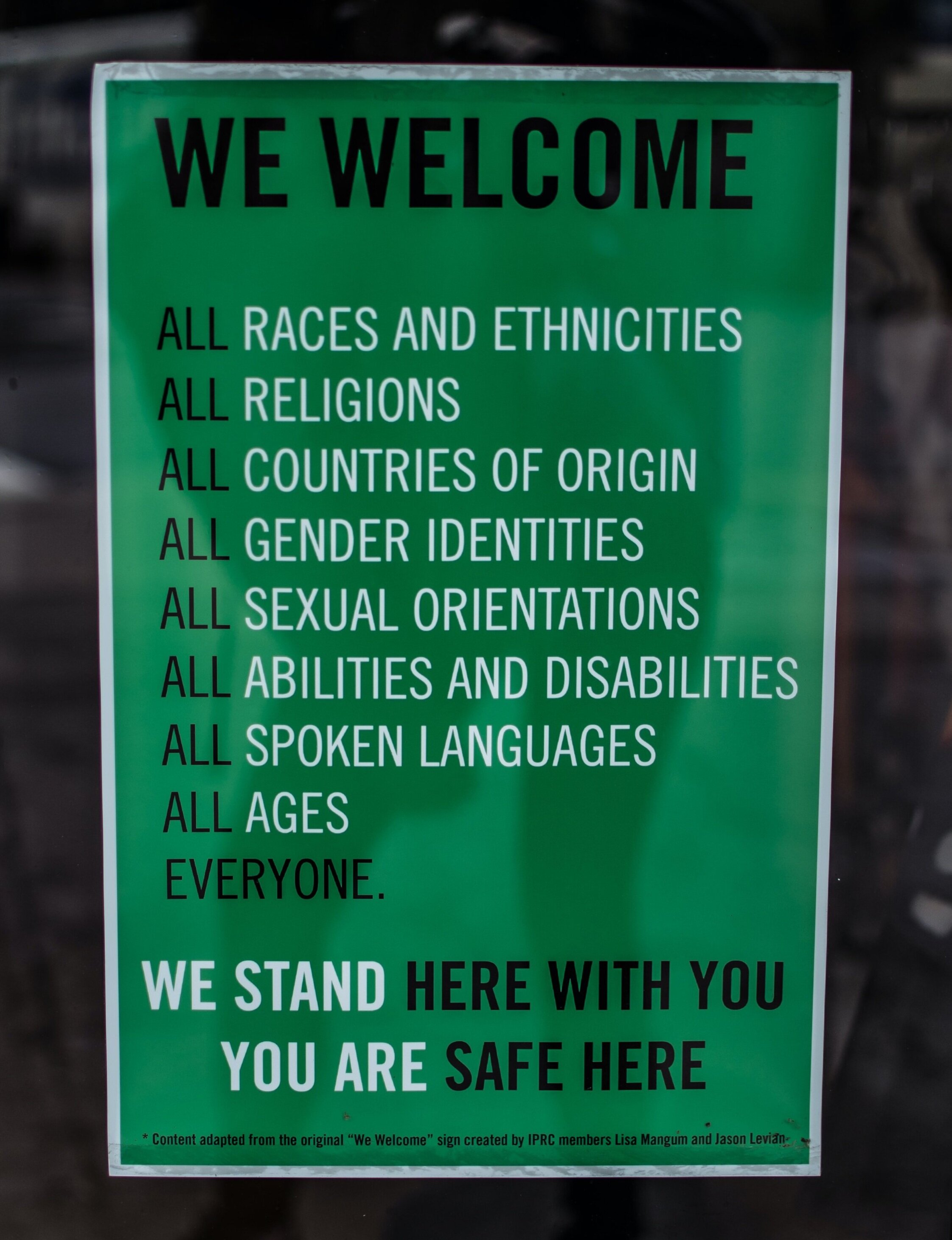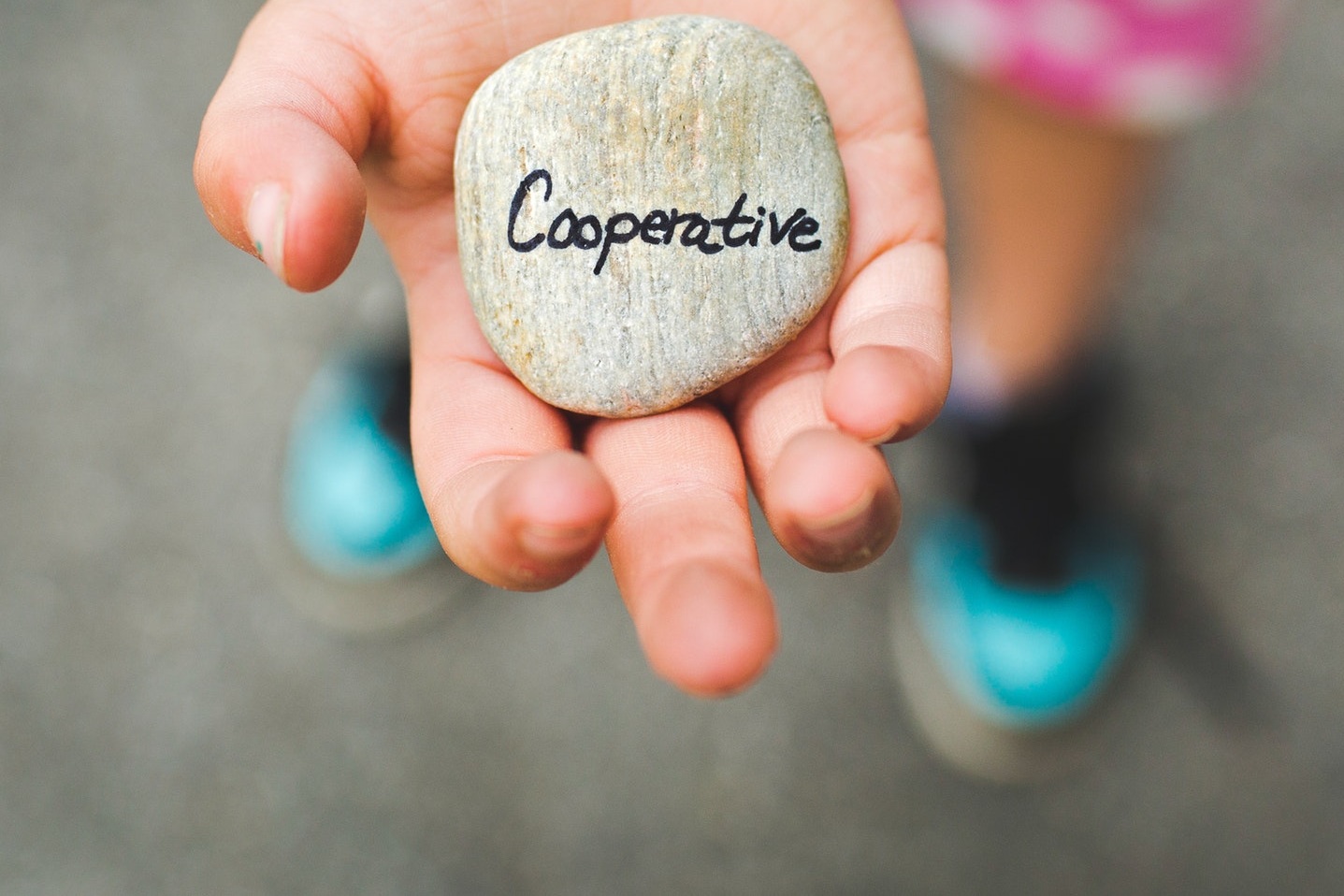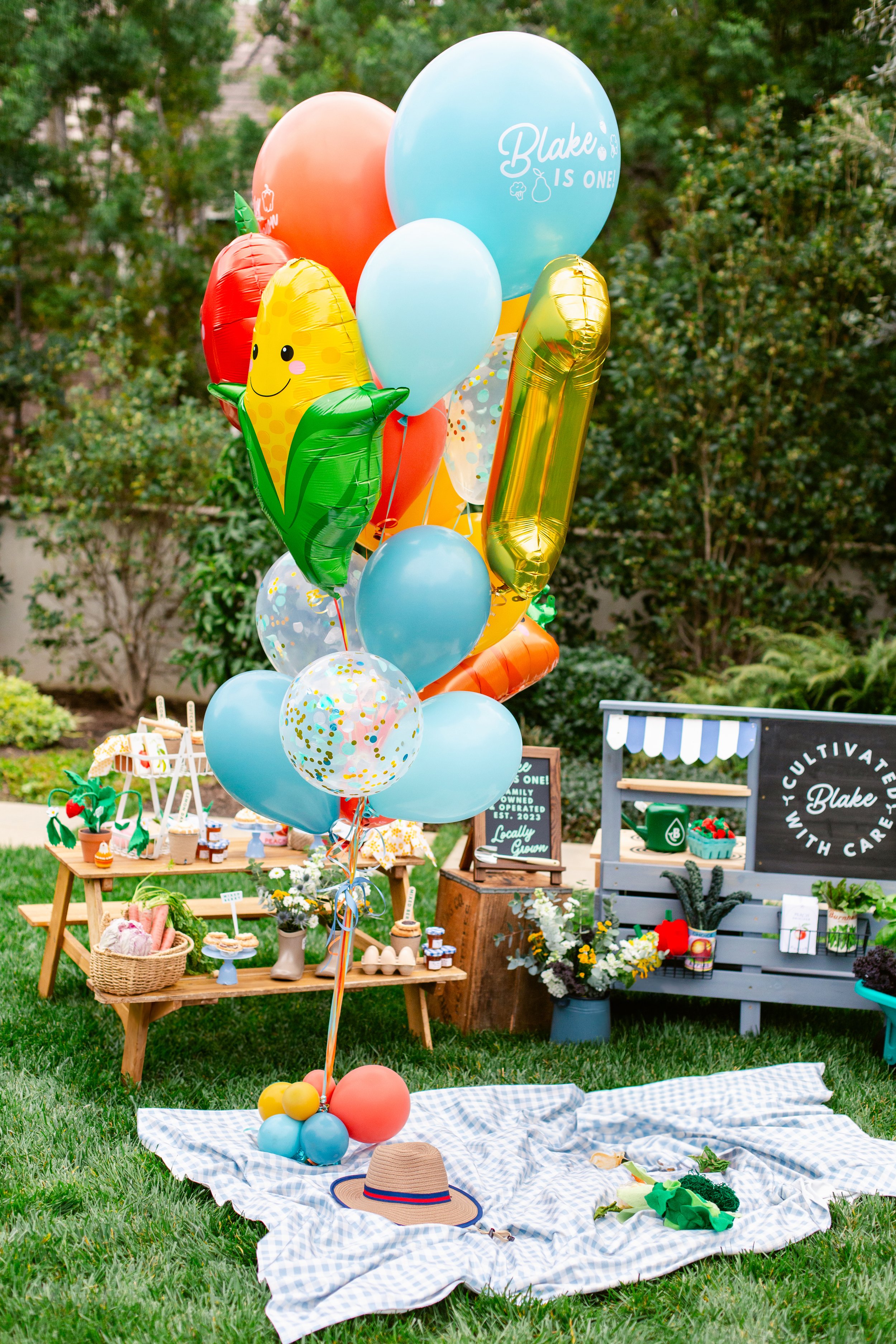Creating an Inclusive Home
/Children today are in a completely different space than we were as kids. Our generation was raised with the biases and limitations our parents’ experiences imposed on us. I was raised from the perspective of immigrant parents who had never heard of social justice, much less knew how to instill it into me. Still, our generation grew into strong advocates for our beliefs.
Can you imagine the power our children will have? They are being molded by dialogue and resources that many of us did not experience at a young age. This social justice movement is bigger than any I have ever seen and has so much potential, more so than many in our past. Because of the influence of this movement, our children have the opportunity to grow into passionate leaders and change-makers. It is our responsibility as parents to nourish the sparks of social justice in our children so they can become the light this generation has the power to be.
I am in a privileged position where I have done years of training on inclusion and diversity. In juggling my different roles – mother, business owner, and friend, among others – I have learned that you cannot force your own level of competency on someone else, especially if they are just starting their journey. As a parent, it is important to facilitate conversations around justice and equity, but we need to understand how to do so differently for our children than we would for ourselves or others. What I do in my job and my business are worlds different than what I do for my kids, so I have to find a different way to engage that works for them.
One of the best starting points for implementing changes in your family is to figure out your (and your children’s) current level of understanding. Where you are at in your life and in your journey will help dictate how you’re going to teach your kids. There is no all-encompassing “this is what you do” handbook for teaching social justice. My personal belief is that as long as you’re learning, you are getting closer. And as long as you’re open to learning, you’ll get to where you need to be. It’s a lifelong learning process when approaching social justice understanding for yourself and your kids.
Another important thing to understand is your children’s current level of understanding when it comes to complex topics and situations. We need to recognize our kid’s age when we talk about what is going on in the world or in the news. The week that George Floyd was killed, my husband and I knew that AJ (age 7) would have questions and that Ben (age 5) may not. I shared with my children that George Floyd is dead. Depending on where your children are at, it is okay to not feel comfortable with this. It might be too much for your children if they don’t understand the concept of death. I always try to use factual statements with my children so, at the very least, they know what is happening, even if they don’t fully comprehend it.
Be ready for your children to ask questions, and for them to be at a level of empathy that you may not have expected. Expect them to have questions that you may have never even considered. Your kids may want to know details about death and dying that you don’t have the answers to, and it’s okay to admit this to them.
The evening we spoke about George Floyd with AJ, he told us he couldn’t sleep because he was thinking about George Floyd and his family. He needed more explaining than Ben did because he is at an age where he wants to know more and feels empathy for others. Ben is younger, so he isn’t old enough to really have any questions or thoughts on the situation; he just knows something sad happened.
When talking to your children, understand that learning is a process. We are still having these discussions as new information is available, but we are also bringing up topics in small bits because children get overwhelmed easily. For my family, I gauge how much or how little to share based on what questions AJ asks. Some kids may ask deeper questions, but, for AJ, a lot of concepts and ideas aren’t there yet. The concept of a trial is over his head, so, if we try to start there, he gets lost in the details of our judicial system, and that takes away from our message. In talking to Ben, we have to understand where he is at in his understanding and discuss these topics differently than we do with AJ.
As parents, we also have the ability to challenge biases imposed on our children by others. We are in a position to reinforce the ideas we want our kids to consider and understand. In the summer, Ben and AJ’s relatives often ask questions like, “Why is your kid so dark? Why did you ‘let them’ get so dark?” I can’t sit there and lecture my friends or family. They have lived with these biases that are deeply ingrained, and I may never be able to change their attitudes. I can, however, reaffirm the views and beliefs we uphold in our household in a way that doesn’t negatively impact Ben and AJ. I reaffirm to our children the idea of acceptance, and that their skin is beautiful.
Of course, we are not doing every single thing in our house all at once. We are changing things little by little. We shared books about diversity with our children and let them choose which ones to read. We also talk to our kids about current events, answer their questions, and check in with them to honor their feelings.
The main thing I wanted to convey is that there is no one-size-fits-all solution to social justice. See what works for your family and know that it is okay to find things that don’t. We are all still trying to figure it out, no matter where we are in our learning process. We all have a role to play. Some things may change, and some may not. There may be big changes, but there will be even more small changes. Know that progress is progress.
This is a special time in our history. We can’t waste it.
Written by Head Rascal (Ngoc Nguyen Lay), mother of two rascals, ages 5 and 7.



















